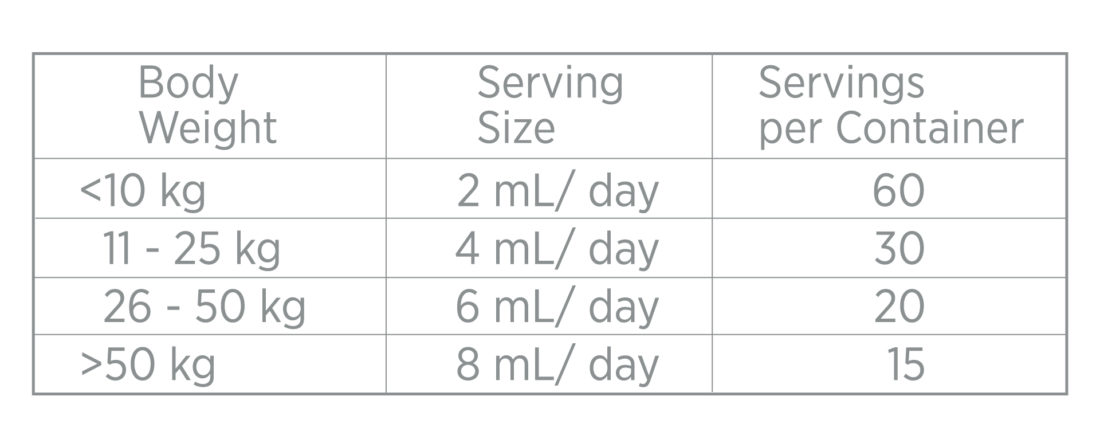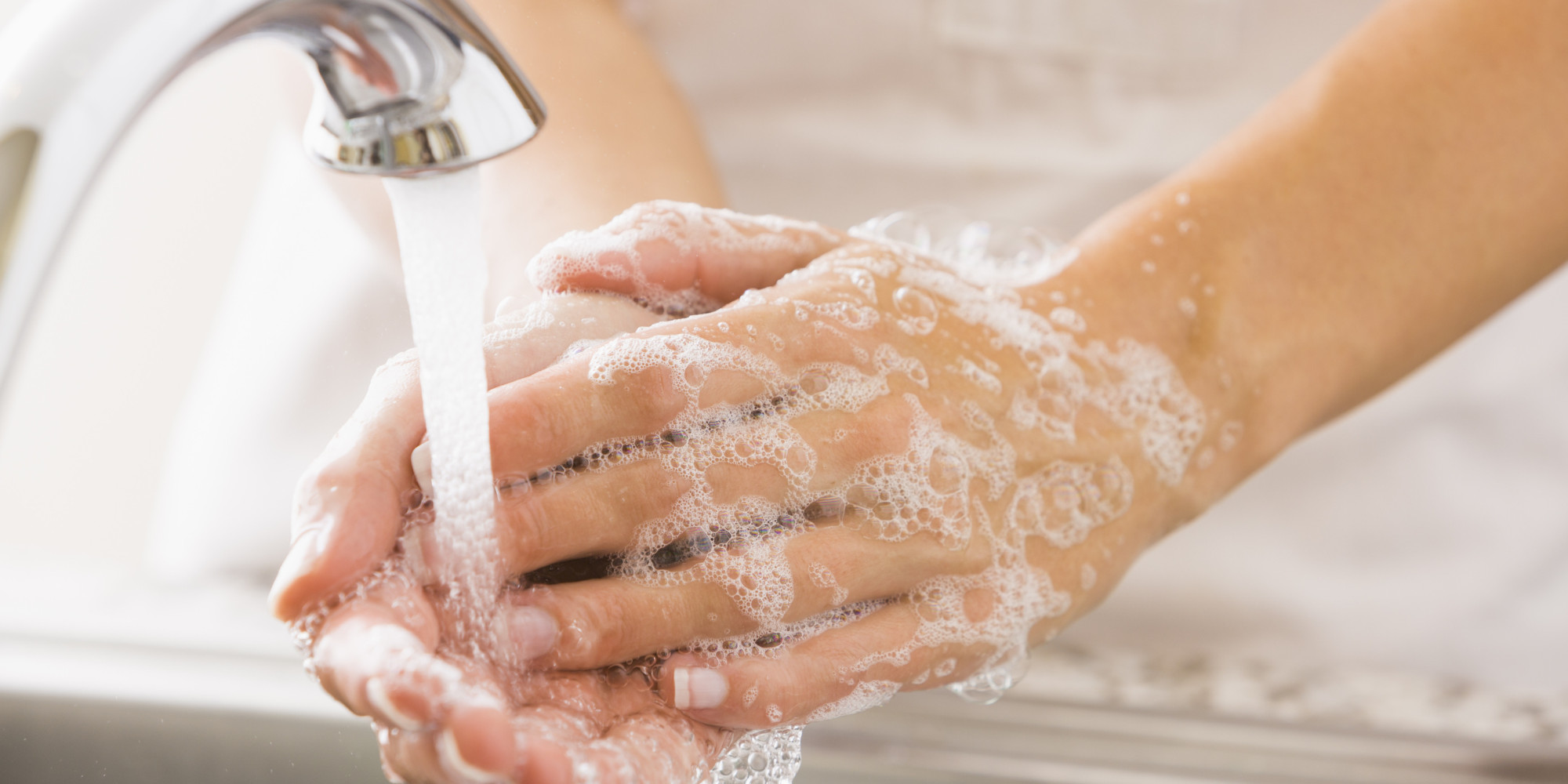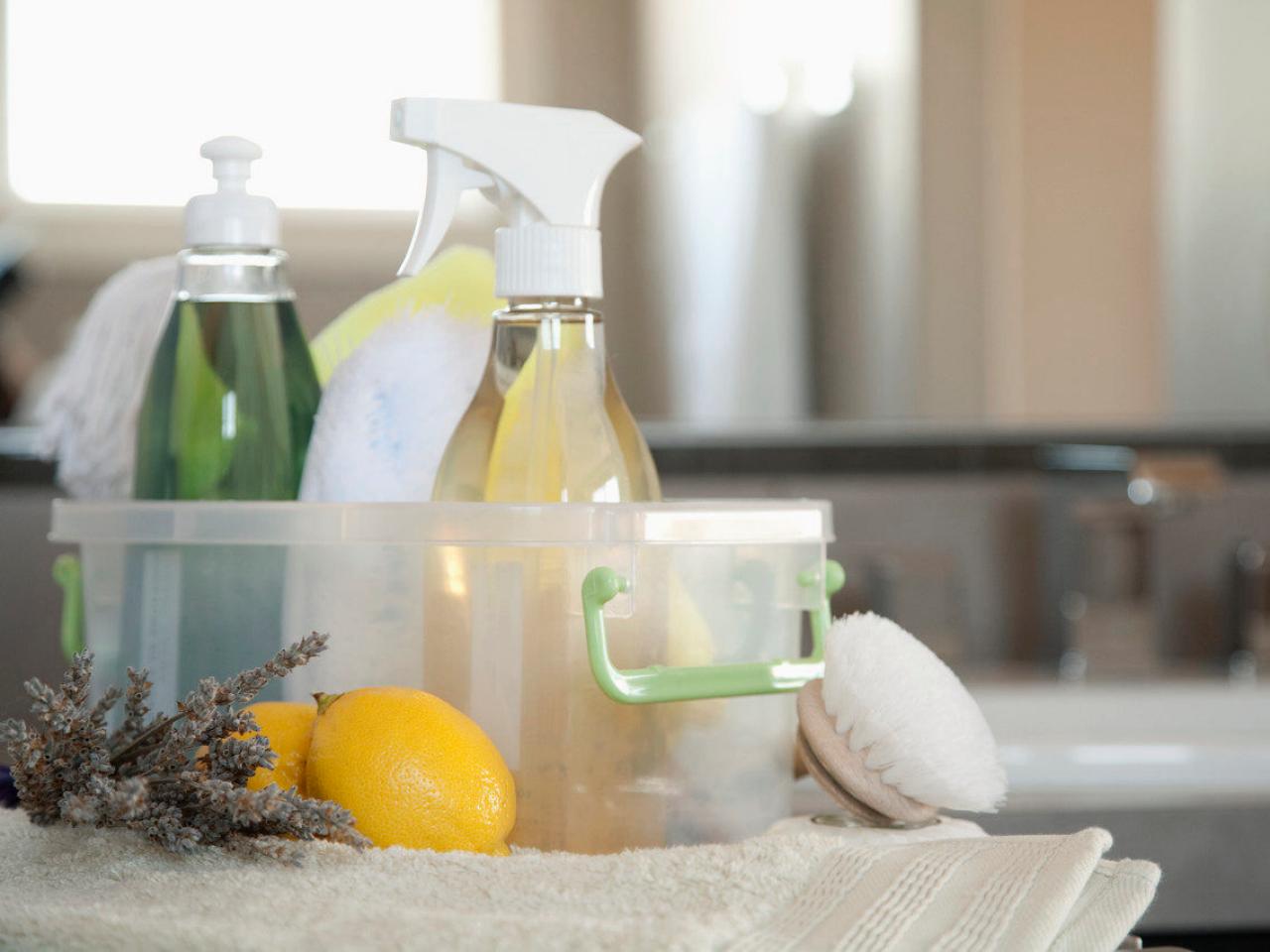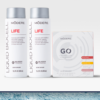Every pet owner wants their fur baby to live an active, healthy life, but one stroll through the pet superstore is enough to leave any dog mom or dad bewildered as to where to start. Is grain-free food better for Fido? Should you choose wet or dry food for your cat? What about glucosamine or fish oil supplements? Does your pet need a special formula depending on their age? And then there’s the wide selection of collagen, from collagen-filled treats and rawhides to collagen powders and bone broths. Each claim to help support your cat or dog’s joints and a healthy coat, but do they work? And does your pet actually need one?
To find out the answers to your top pet collagen questions, we met with Dr. John A. Giannone, a Doctor of Veterinary Medicine in Newport Beach, CA. With over 40 years of experience, Dr. Giannone is an Associate Alumnus of the College of Veterinary Medicine and Surgery at the University of Missouri, Columbia, and a member of the American Animal Hospital Association, American Veterinary Medical Association, California Veterinary Medical Association and Modere Scientific Advisory Board.
Collagen is such a wellness buzzword right now, for both humans and animals. Why is it such a big deal?
Like humans, animals have collagen fibers throughout their bodies. Collagen is in the connective tissue of joints, ligaments and tendons. It keeps these body parts active and fluid, and it helps protect them from strain. But, like humans, as pets begin to get older, collagen begins to decrease. When it does, it actually decreases the elasticity of your pet’s ligaments and tendons. This means that tendons become stiffer—they don’t respond as easily when stressed.
Here’s an example: When you jump using a bungee cord, you have some elasticity and recoil. But if you jumped from a ledge using a rope, it would snap. Tendons and ligaments are similar; if the collagen is there, then the elasticity is there. The ligament will stretch, recoil back and help prevent an injury.
So, when shopping for joint health formulas for pets, is collagen the main ingredient to look for?
Not just collagen. Hyaluronic acid, or HA, is another major component of your pet’s joints and connective tissue. Hyaluronic acid is contained in the joint fluid, called synovial fluid. This fluid acts like a cushion, much like a water balloon.
In addition to collagen and hyaluronic acid, the third component of pet’s joints is chondroitin sulfate, which is a naturally occurring element of joint cartilage that adds to its shock-absorbing properties.
Is there a supplement with these 3 components that you recommend?
We typically don’t see all 3 of these ingredients in the products available for pet joint or skin health. The one I’ve found and recommend is Liquid BioCell® Pet. Not only does it contain collagen, HA and chondroitin sulfate, but these ingredients are found in a unique, natural matrix derived from sustainably sourced chicken sternal cartilage. This matrix undergoes a patented Bio-Optimized™ process to achieve the right molecular weight for optimal absorption.
Does this make it more effective?
Yes. Multiple double-blind human clinical trials surrounding joint and skin health prove Liquid BioCell increases hyaluronic acid in the body, decreasing joint discomfort. Canine and feline joint cartilage composition is similar to that of humans, which is a reason why we’re seeing how safe and effective it is for our pets.
Liquid BioCell is a liquid formula. Does that make a difference versus other pet supplement delivery methods, like chews, pills, powders, etc.?
Liquid BioCell Pet is especially beneficial because of its liquid form. It’s highly bioavailable, it absorbs faster. It’s also more convenient for pet owners. Unlike pills or powders, which can be hard to administer, Liquid BioCell Pet tastes so good that pets will take it directly into their mouth or mixed in their food.
So, how does a pet owner know if their dog or cat needs a joint health supplement?
As the saying goes, prevention is the best medicine, and most adult pets can benefit from supplementing with collagen, HA and chondroitin sulfate. However, if your pet is already experiencing occasional joint discomfort, it can be an indicator of potential collagen loss. The first breeds that come to mind are the Dachshund and French Bulldog, who can experience occasional joint discomfort in the vertebrae of their backs. Small breeds, like the Yorkie and Toy Poodle, tend to have occasional joint discomfort in their knees. In larger dogs, like the Labrador, Golden Retriever and German Shephard, we want to keep an eye on the hip and the ligaments in the knee because they’re running, playing fetch and pivoting in circles.
Eye health is another area. Collagen and hyaluronic acid are found in the vitreous humor, which is the fluid in the back of the eye. We know that some breeds may benefit more from supplementing with collagen and HA for eye health, like the Poodle, the Pekinese and the Boston Terrier.
Your pet’s coat is also a good indicator of whether your cat or dog has healthy levels of collagen. Collagen and HA are major components of skin. We know in pets that when their coat is dried out, their skin is also dehydrated, and they shed more.
Finally, check your pet’s teeth. In your pet’s mouth, there is connective tissue in gums that holds the teeth in place. It’s called the periodontal ligament and has the same physiology as the other ligaments in the body. A weakened periodontal ligament presents the risk of loose teeth.
And if there are these indicators of collagen, HA and chondroitin sulfate loss, Liquid BioCell Pet can help?
I have a lot of confidence in Liquid BioCell because it’s a clinically researched, multi-patented nutraceutical ingredient and published in peer-reviewed scientific journals.
I believe if we supplement Liquid BioCell in our pets’ diets and keep these components at a healthy level, then we would be giving their tendons and ligaments some form of support. It has so many attributes, so many applications.
The HA and collagen in Liquid BioCell Pet could offer some protection to help keep your cat or dog’s eyes healthier. It can help improve a pet’s skin and coat. My clients have noticed that after using Liquid BioCell, their pets are shedding less, and this would be due to the increased hydration in the hair follicle and in the dermal layer. Liquid BioCell can also help your pet’s gums and can help strengthen the gingival fibers that hold the teeth in place.
I currently have over 75 pet patients using Liquid BioCell Pet, and what I’m hearing, especially from those that have joint discomfort, is that they’re walking better, and older pets seem livelier again. Their owners are noticing that their pets are shedding less, and I can see a difference in their coats; they’re much shinier and their skin looks healthier.
How much Liquid BioCell does a cat or dog need to experience all these benefits?
It depends on how much your pet weighs. Most cats will take about 2 mL/day, or 2 full droppers. Most dogs will be in the 4-6 mL/day range, which is 4-6 full droppers.

Finally, when is the best time to start a pet on a Liquid BioCell regimen? Is it only for senior dogs and cats, or would it be better to start younger?
Preventative care is ideal. In my opinion, I’d probably start recommending Liquid BioCell Pet to cats at 12 months of age. With dogs, it could vary. 15-18 months is a good time for larger dogs like German Shepherds, Labradors and dogs over 60 lbs. because that’s when their joints are fused, and growth plates are closed. 12-14 months would be a good time for smaller dogs.
Thank you, Dr. Giannone!
Don’t guess when it comes to the right joint formula for your pet. Shop with clean label confidence and start your cat or dog on Liquid BioCell today, exclusively available only from Modere.









